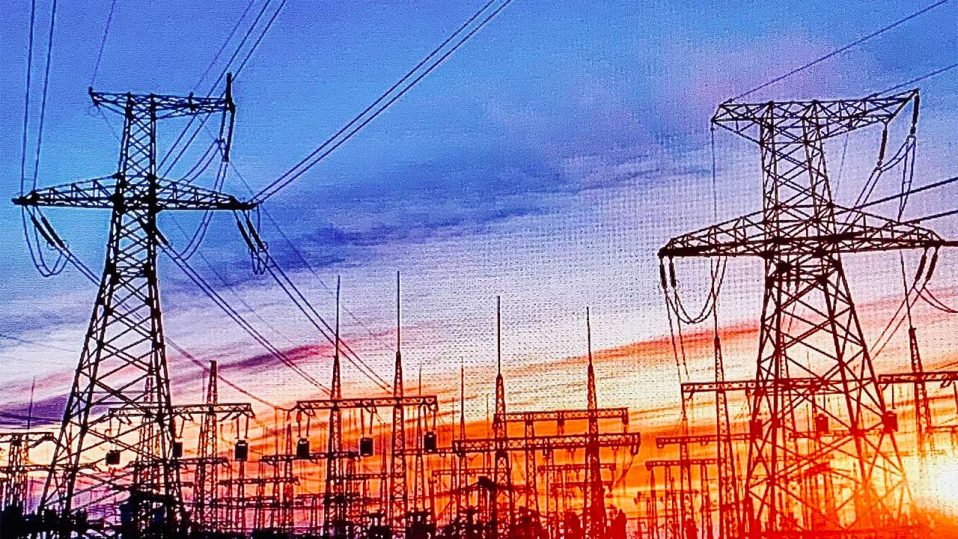Join us for EMBCA's "Hellenic Energy Independence Forum- Part 2" Panel Discussion on Sunday, March 28 at 2 P.M. EST (11 A.M. PST, 9 P.M. Athens EEST). The panel for this unique event will be introduced by Lou Katsos, EMBCA's President/Founder and moderated by Konstantine Drougos the Managing Director of Argo Marketing and EMBCA V.P.. The distinguished panel will include Constantinos Papalucas (MEng,MBA,MPA) Energy Policy Expert, Coordinator of the National Hydrogen Committee; Dr. Manolis Panagiotakis/ Former CEO of PPC; Dr. Yiannis Bassias / Former President & CEO at Hellenic Hydrocarbon Resources Management S.A.;Ms. Alysia Helming / Chairman at EarthFund Global; and Constantine Messinis, President of METE (Metalourgiki Kozanis). In the 200th Year of Hellenic Independence the high energy dependency of Greece has been an "Achilles' heel" of its economy. It has acted as a hindrance to its growth, contributed to a weakening of its geo-strategic position and created a reliance on third countries, some not friendly, for its energy sources. The opportunities to revitalize the Hellenic energy industry and overcome the current challenges in the coming years is what our distinguished panel will explore in this second in a series event Hellenic Energy and due to the overwhelming response to continue the dialogue from our November, 2020 EMBCA Hellenic Energy Independence event. We hope this continuing conversation contributes to a wave of innovation in this regard.
Energy dependence has been identified as one of a variety of factors (energy sources diversification, energy suppliers diversification, energy sources fungibility, energy transport, market liquidity, energy resources, political stability, energy intensity, GDP) negatively contributing to energy security. As such a higher level of energy dependence is risk prone, because of the possible interference of commodity price fluctuations, trade "wars", international armed conflicts, terrorist attacks, etc.. A crucial component on the road to energy independence is energy efficiency; efficient use of energy can build on individual efforts in power saving instead of having to rely on costly large-scale infrastructure. Energy independence in a way is an idealized status that at present can be only approximated by exploitation of a country's natural resources, including renewable and non-renewable resources.
Although Greece is a small energy consumer its geographical position favours her in becoming a vital corridor for transporting gas and electricity from the East to the West. Of note is that Greece is trending towards becoming one of the EU hubs for US LNG exports at a time when sustainable development is a fundamental prerequisite for economic growth, "Green Lignite" by using Carbon Capture technologies (CCUS) & hydrocarbon exploration are important elements of the energy mix of the Hellenic economy. Application of new technologies on these could drastically change the Hellenic energy security and supply programme and contribute to a smooth transition to new low-carbon footprint energy sources. As we know a reduction of gas emissions is essentially related to reduction of carbon generation, which requires careful financial and technical management of the lignite & oil transition period to Geothermal, Solar, Wind,Hydrogen and other energy sources. Greece has been a net exporter of petroleum products thanks to its strong refining capacity, despite low crude oil production (Prinos, the only Oil deposit that was exploited produces oil for about 60 years now). Onshore and offshore drilling over the next few years will allow it to assess the percentage of import replacement by domestic production. Hydrocarbon discoveries of at least 500 million barrels of oil equivalent would signal drastic commercial developments for the country. In this case, investments by large international companies would be important towards the development of the Hellenic economy and to provide increased added value. Regarding gas, recently in Greece interest in exploration has been revived, especially following the discoveries in the Southeast Mediterranean and which also has had irredentist neighbor geopolitics associated with it.

